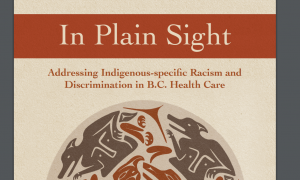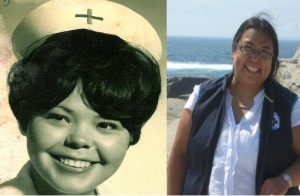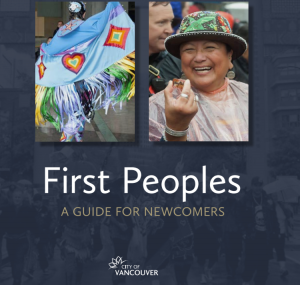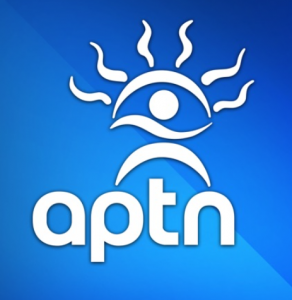“Learning is connected to place. Epistemologies, ontologies and indeed, cosmologies are generated from and connected to the land and water. For us, land and water are not only sites of learning, but are also actively involved in the process of education” http://decolonizingwater.ca/our-approach/#two-eyed-seeing
McGregor (2012) article, “Traditional Knowledge: Considerations for Protecting Water in Ontario” looks at the water crisis impacting Indigenous communities in Ontario and around the world. She determines that “Western science and technologies have prevented full and equal participation of Indigenous peoples in water management and is contributing to the loss and degradation of water” (p.2). However, she acknowledges that a holistic approach needs to be taken and recognizes that the “tools of science, applied appropriately, can aid us, we must turn to the traditions and knowledge that did not fail us for thousands of years to find a real solution”(McGregor, 2012, p.24).
The Decolonizing Water project is a great example of minds and perspectives coming together. The venture was developed within the Geography Department at the University of British Columbia and the goal of the project “is to create a self-sustaining water and ecological monitoring program that will enhance protection of water resources and fulfill the promise of Indigenous water governance” (Decolonizing Water).
This project brings together non-indigenous and Indigenous students, artists, lawyers, Elders, and professors to find solutions for water issues that meld Indigenous law and modern scientific knowledge. The team is “committed to reciprocally enabling respectful Community-Based Research and observing OCAP (Ownership, Control, Access and Possession) protocols” (Decolonizing Water). In other words, the research and data is owned by the Indigenous communities and they then preserve the right over who can access and use the data.
One such innovation, The EC-GPS Water Logger which is a low-cost, easy to assemble device that tests water quality. This technology enables communities to conduct fresh water monitoring with simple instructions and parts that can be easily accessed even in remote communities. This invention originated at a “Water Bush Camp organized by Caleb Behn (then-Executive Director of Keepers of the Water), in the traditional territory of Halfway River, Saulteau, and West Moberly First Nations at Carbon Lake in 2015. The logger is an adaptation of a device built by Dr. Mark Johnson (UBC) to log and monitor water in remote and humid environments in the tropics” (Decolonizing Water).
Please watch the video below to see the Water Bush Came meet up.
The Invention:
I started the think of the SS9 key skill: “What perspectives do different groups (environmental groups, First Peoples) have on the use of natural resources” and the Spiritual dimension Howe (1998) discusses in his tribalism framework. This source suggests that technology, relationships between Indigenous and non-Indigenous peoples can assist in preservation of water, which is a sacred entity (McGregor, 2012).
Other links and References:
McGregor, D. (2012). Traditional Knowledge: Considerations for Protecting Water in Ontario. International Indigenous Policy Journal, 3(3). http://dx.doi.org/10.18584/iipj.2012.3.3.11



